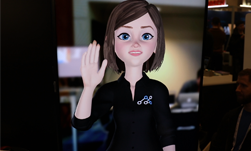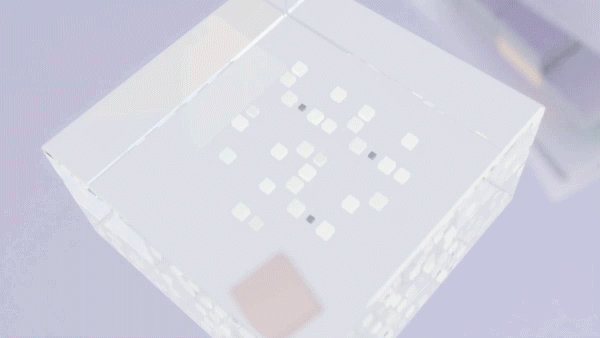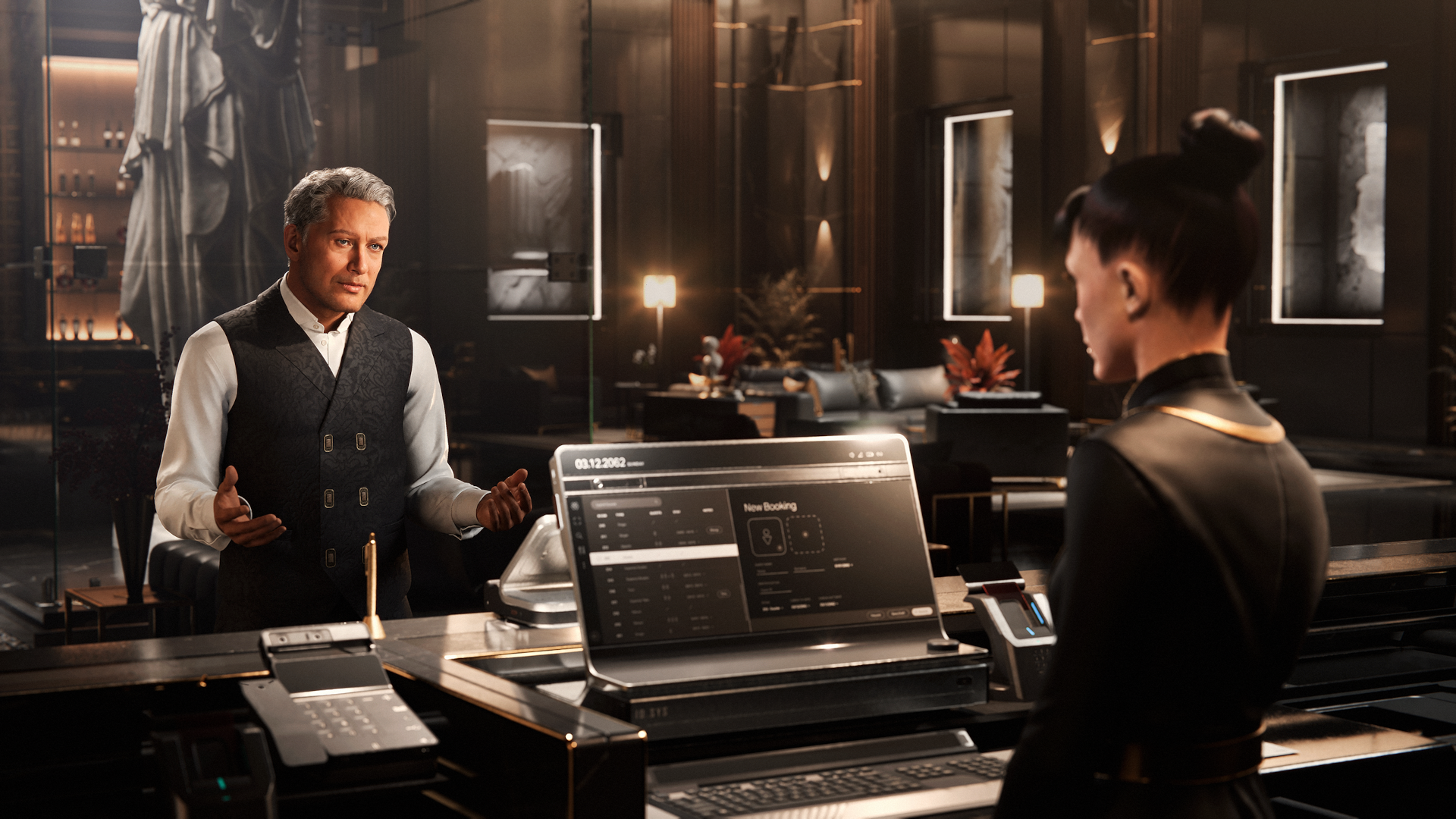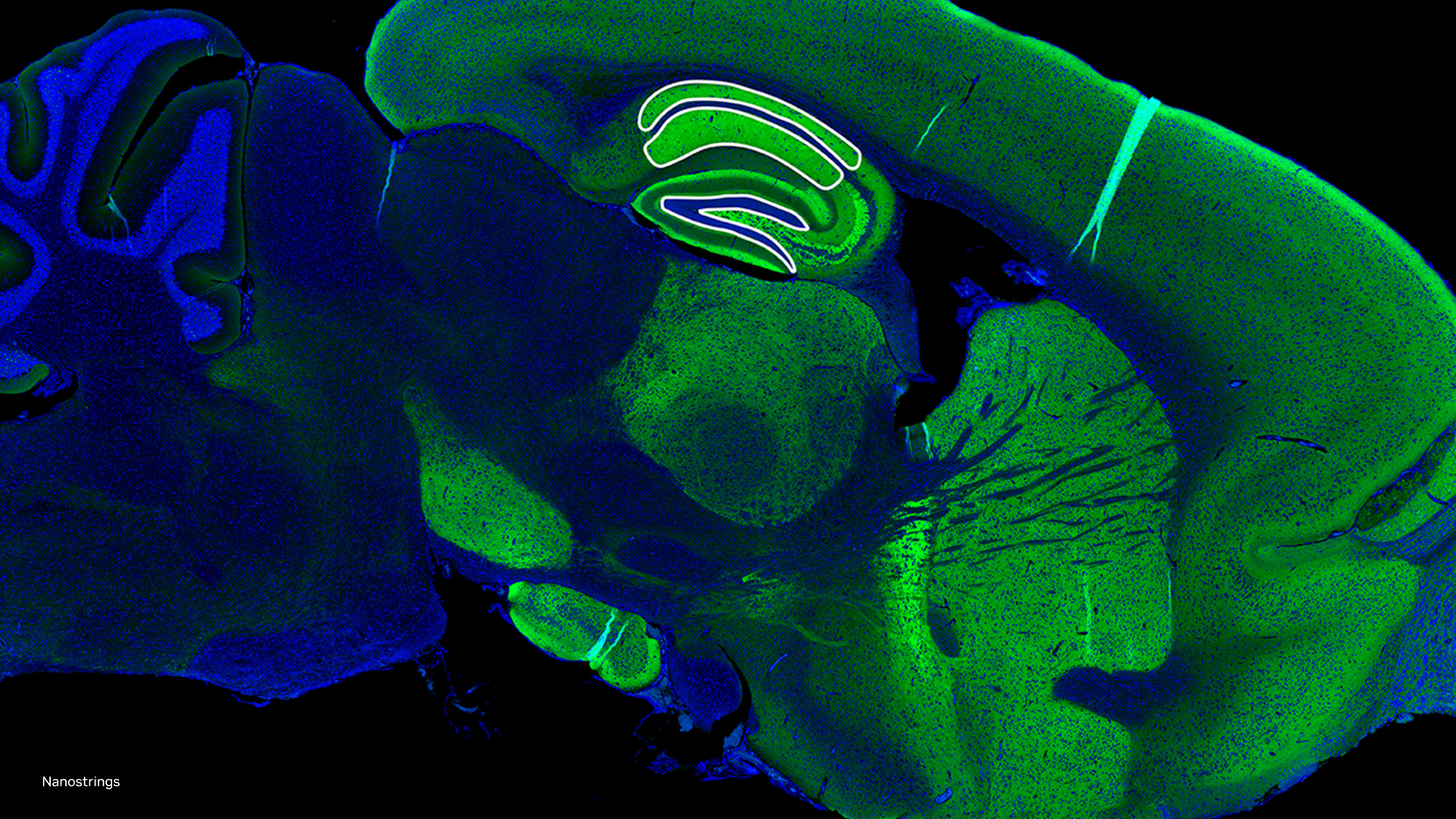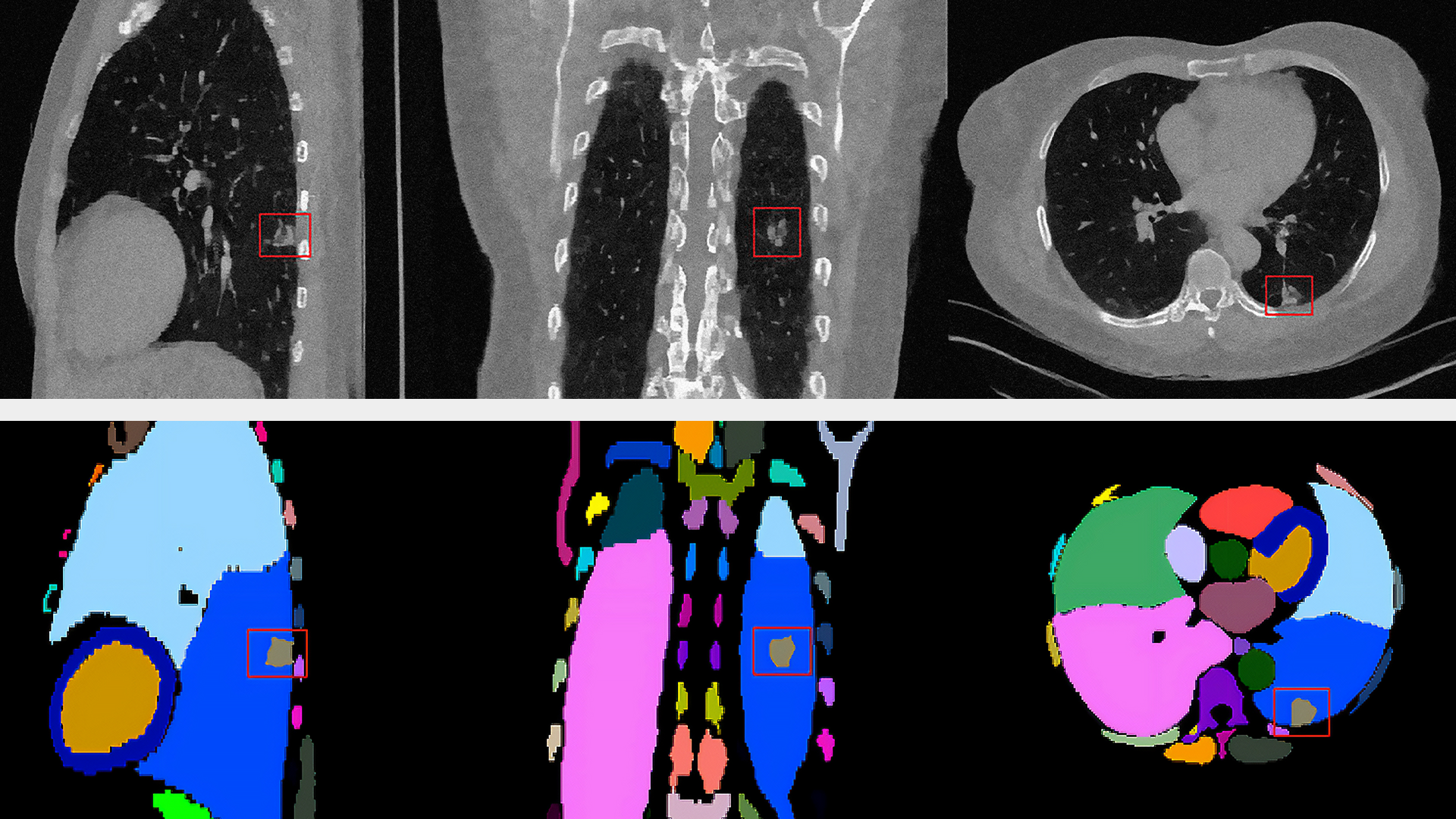The Russian machine learning firm Tselina Data Lab developed a deep learning-based camera algorithm called Fraudoscope that detects lies on facial emotions.
Trained with CUDA and TITAN X GPUs, the lie-detecting app uses a high-definition camera to observe an interrogation and decode the results. The camera focuses on the interviewee — the software maps changing pixels in the camera feed that correspond to breathing, pulse, pupil dilation, facial tics — and the work-in-progress already has a 75 percent accuracy rate.
As with traditional polygraph tests, Fraudoscope requires a set of calibration questions with well-known answers and the interviewee is also asked to imagine they’ve just won an Olympic medal – as they make up their imaginary answer, the system learn to recognize the individual’s lie.

The firm hopes one day the algorithm will be smart enough to not require calibration and if fed enough information, it may eventually be able to identify poker players and shoplifters from a glance.
Read more >
AI Camera Might One Day Detect Lies Better Than a Polygraph
Nov 04, 2016
Discuss (0)

Related resources
- DLI course: Building Real-Time Video AI Applications
- GTC session: Live from GTC: A Conversation on the Latest in AI Research
- GTC session: The Next Level of GenAI with Azure OpenAI Service and Copilot (Presented by Microsoft)
- GTC session: Scaling Generative AI Features to Millions of Users Thanks to Inference Pipeline Optimizations
- NGC Containers: Ironyun - ainvr-app
- Webinar: Accelerate AI Model Inference at Scale for Financial Services


